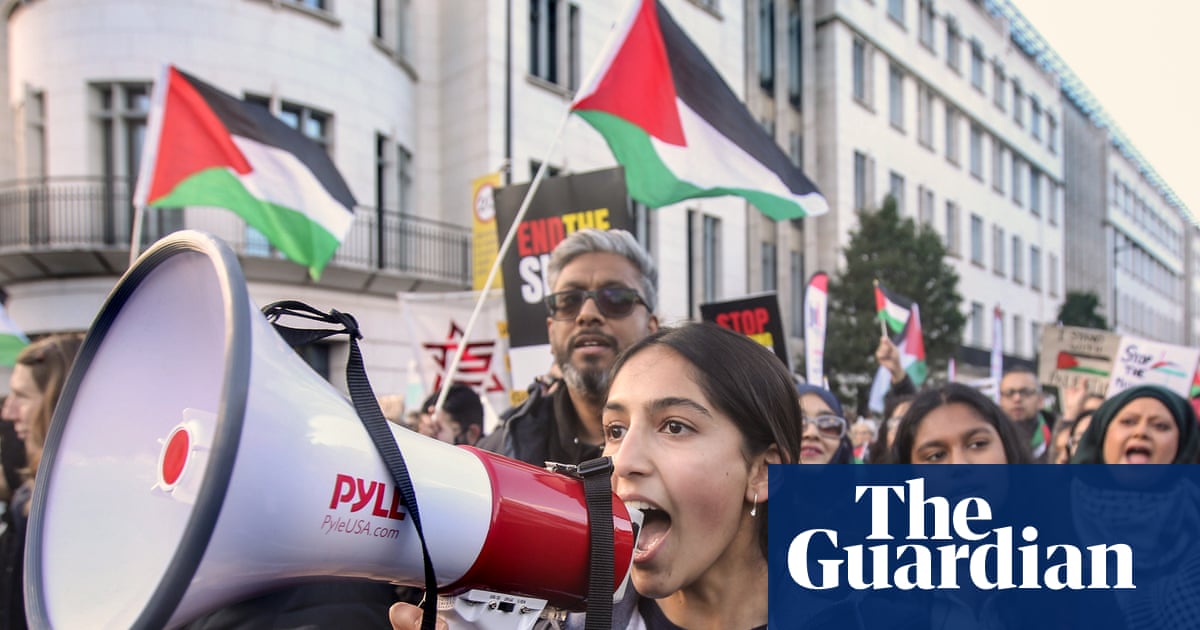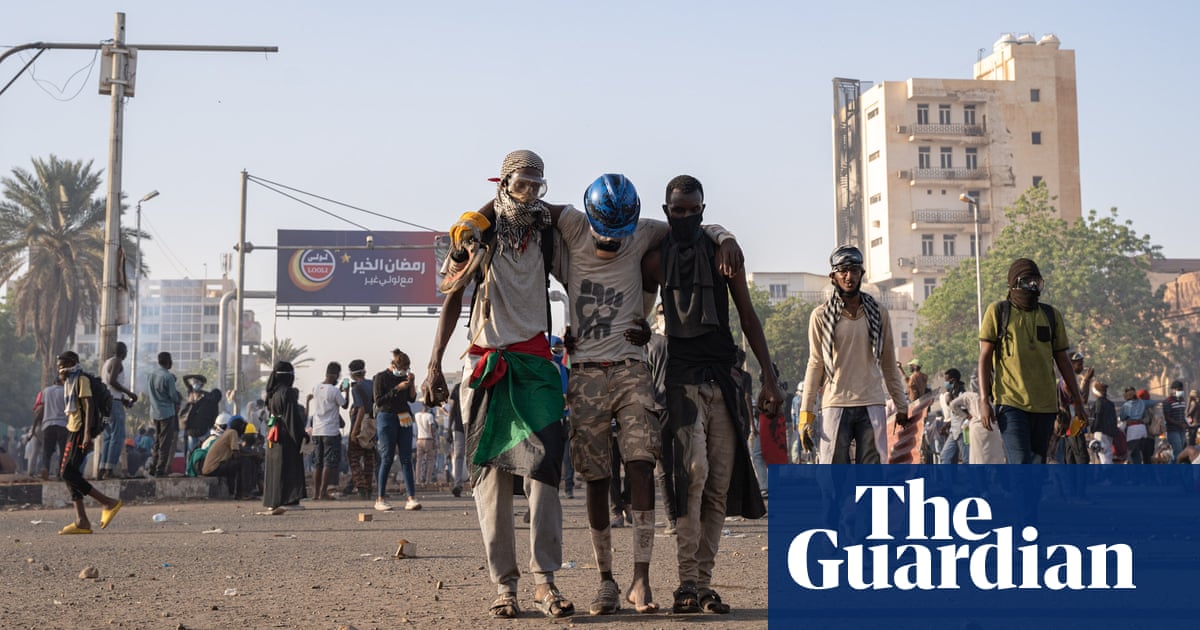
This month’s military coup in Sudan removed from power one of the longest-ruling presidents in the world. Lt. Gen. Ahmed Awad Ibn Auf, who was vice president and defense minister, removed his boss Omar Al-Bashir from office, dissolved the Cabinet and the Parliament, announced a three-month state of emergency and placed the president under house arrest in his palace.
The Transitional Military Council that carried out the coup said Bashir would not be extradited to The Hague to face charges in the International Criminal Court. However, protesters reacted against this decision and Ibn Auf had to leave his post. He was succeeded by Lt. Gen. Abdel Fattah Abdelrahman Burhan, the general inspector of the armed forces.
On April 17, Bashir was moved from house arrest to a maximum-security prison and is now being kept in solitary confinement.
The reaction of the international community was generally in support of the coup, with the exception of several Russian parliamentarians, who condemned the coup leaders.
Turkish President Recep Tayyip Erdogan made a relatively mild statement. As expected, he condemned the military coup as a move against the “democratically elected president” and wished that the Sudanese people would solve its problems in a spirit of brotherhood and return to the democratic process.
After the former Egyptian leader Mohammed Morsi, Bashir is the second jailed leader with whom Turkey’s ruling Justice and Development Party (AKP) used to maintain close relations.
As a result of the military coup, three issues will probably come on to the agenda in Turkish-Sudanese relations.
First is an agreement signed in December 2017 for the temporary grant of part of the Suakin island and its harbor to Turkey. When Erdogan was visiting Sudan, he said he was saddened to see “the current status of Suakin island,” and: “If you assign this island to us, we will restore it and make it worthy of its historical glory. Sudan will be proud of this and can take new steps in tourism.” An agreement was then signed to temporarily allocate part of the island to Turkey for the rehabilitation of the harbor and restoration of historical buildings.
Sudanese Foreign Minister Ibrahim Ghandour said Turkey would restore the ruined Ottoman port and construct a naval dock to maintain civilian and military vessels.This island of 20 square kilometers is considered by Turkey to be a museum of Ottoman culture as two mosques, a customs house and a guard house located on the island were built in the Ottoman era. The harbor is a neglected inlet on the coast of the Sudanese side of the Red Sea, 60 kilometers south of the main Sudanese harbor of Port Sudan. The restoration of the historical buildings is being carried out by the Turkish Cooperation and Coordination Agency (TIKA).
The opinion of local people is divided, with some criticizing their government for renting the island to a foreign country without consulting them, while others expect that the restoration works will revive the economy. If the restoration transforms the historical town into a tourist destination, the increase in their income will be long lasting.
The agreement also covers the temporary lease of agricultural land on Suakin to Turkey for investment projects for a period of 99 years.
The second issue is another agreement Turkey and Sudan signed, which allowed the sale of Sudanese agricultural land to Turkish investors. In November 2018, Turkish Minister of Agriculture and Forestry Bekir Pakdemirli told a reporter for the Sudanese daily Ashorooq that the Turkish government had established a joint company with the Sudanese Ministry of Agriculture. Ankara opened an office in Khartoum to supervise the creation of 12,500 hectares of farmland, which it will lease to the private sector for 35 years, extendable for another 32 years.
The third issue that may affect Turkey-Sudan relations is the renewed hostilities in Libya. There are two competing governments in Libya and there is a UN initiative to bring them together under the umbrella of the Government of National Accord. One of the two competing governments is the Muslim Brotherhood-supported National Salvation Government, which is composed of 30 MPs in a Parliament of 200 seats. Qatar, Sudan and Turkey are its only supporters.
Gen. Khalifa Haftar, who supports the rival Tobruk government, recently launched a military campaign to seize Tripoli. The outcome of this campaign is still unclear, but if post-coup Sudan changes its attitude toward the National Salvation Government, Turkey and Qatar will become more isolated in their support for it.
The post-coup Sudanese authorities’ stand on these three issues is likely to have a major effect on Turkish-Sudanese relations.












